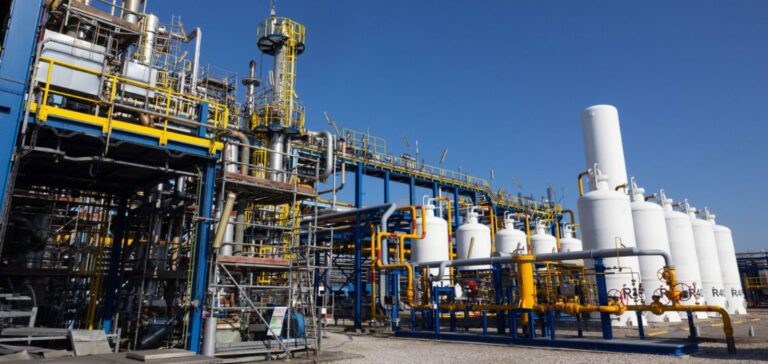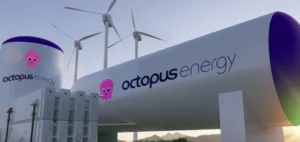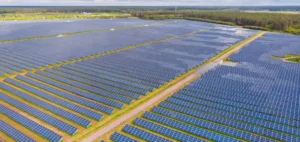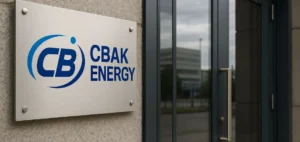The global energy transition increasingly relies on significant contributions from the private sector. With ambitious decarbonization targets and the phasing out of fossil fuels, private investors are playing a crucial role in financing innovative projects in renewable energies, energy storage and emerging technologies such as green hydrogen. This support is essential if we are to meet our climate targets and ensure long-term energy stability.
Dynamic private investment
Private investment in the renewable energies sector has reached unprecedented levels. By 2023, global investment had reached $500 billion, mainly in wind and solar farms, energy storage technologies and green hydrogen. Institutional investors and venture capital funds are increasing their commitment to clean technologies, recognizing their potential for long-term returns and their strategic importance for decarbonization.
Energy storage batteries play a central role in improving management of the intermittency of renewable sources. Advances in battery technologies, such as lithium-ion and redox flow batteries, are attracting massive funding. Green hydrogen, produced by electrolysis using renewable sources, is also booming, with pilot projects and large-scale infrastructures under development.
Sector challenges and opportunities
Despite these growing investments, the sector faces regulatory and infrastructural challenges. A stable, incentive-based regulatory framework is essential to encourage long-term investment. Government policies need to align public and private interests, facilitating partnerships and ensuring the economic viability of innovative energy projects.
The growing green bond market offers opportunities for sustainable financing. In 2023, green bond issuance reached $300 billion, supporting green infrastructure projects. Public-private partnerships (PPPs) are also proving effective in financing complex projects, combining the resources and expertise of the public and private sectors for optimum results.
Future prospects
The future of the energy transition lies in continuous innovation and rapid adoption of advanced technologies. Companies must integrate ESG criteria into their investment strategies, ensuring sustainable and responsible growth. Investors should give priority to projects with a positive climate impact, helping to achieve the objectives of the Paris Agreement.
Carbon capture and storage (CCS) technologies represent a promising innovation for reducing CO2 emissions from heavy industry. Smart grids and energy management solutions improve the efficiency and resilience of energy infrastructures. Digitization and artificial intelligence are also playing a growing role in optimizing operations and forecasting energy demand.
The massive integration of renewable energies into the global energy mix requires constant investment and concerted efforts by all market players. The private sector, with its capacity for innovation and access to capital, is well positioned to lead this transition, ensuring a sustainable and resilient energy future.





















